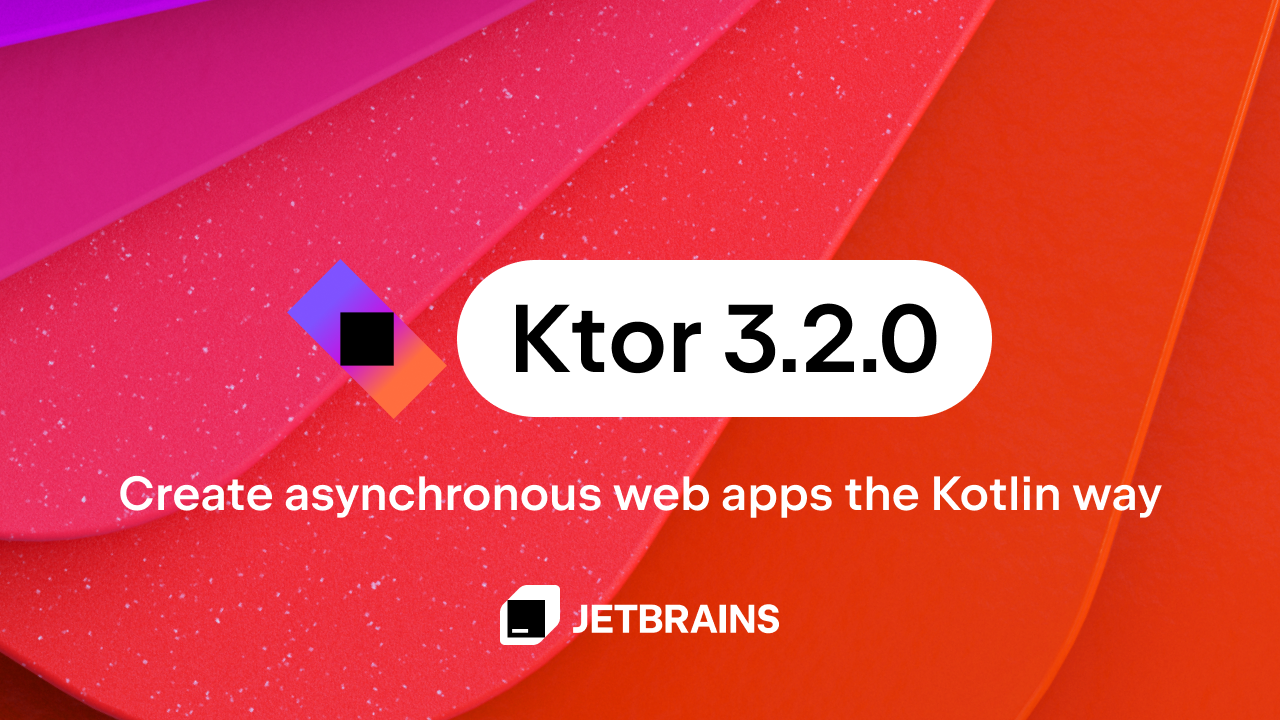Kotlin
A concise multiplatform language developed by JetBrains
The Road Ahead
As you all know, we rolled out our first public release last week: kotlin-demo.jetbrains.com. And while you (7K+ unique visitors) are having fun with it, we keep working on the Kotlin compiler, IDE and standard library. In this post, I’ll give an overview of our plans.
What you can play with today
Today you can already try many features of Kotlin. Among others, these include:
- Function literals (closures)
- Extension functions and properties
- Traits (code in interfaces)
- Declaration site/Use site variance
- First-class delegation
- Compilation of mixed Java/Kotlin code
See Kotlin Documentation for more details.
Using things for real problems reveals limitations, inconsistencies and other downsides of the design, and this is good, because then we can fix them. The point is to find and fix virtually everything there is before we release the 1.0 version. After the release, we won’t be able to introduce backwards incompatible changes, so fixing the language will be difficult. So, please, go try them, and give us your feedback in the comments below or in the issue tracker.
What’s keeping us busy
Currently we are stabilizing the existing features and work on the IDE and language infrastructure (building etc). The hottest topics of this month are:
- Modules: module = unit of compilation and dependency management;
- Ant and Maven integrations: use your favorite build infrastructure;
- Standard Library: utility functions for JDK collections, IO etc;
- JavaScript back-end: still very early prototype, but it’s improving.
ToDo
When playing with Kotlin it’s handy to know what’s not supported yet. The list is long, and some of these features may even wait for 2.0:
- Visibility checks: it’s a pity we don’t have those private, public etc. yet;
- Local functions: a function inside a function can be a very handy thing to have;
- Labeled tuples (aka records): to return many things from a function;
- KotlinDoc: like JavaDoc, but Markdown-based;
- Annotations: customizable metadata to enable compiler extensions;
- Secondary constructors: sometimes you need more than one;
- Enum classes (Algebraic data types): like Java enums, but better;
- Pattern matching: handy conditions over object structures;
- Inline functions: zero-overhead closures for custom control structures;
- Labels: break and continue for outer loops;
- Type aliases: to shorten long generics etc;
- Self-types: never write awkward recursive generics any more;
- Dynamic type: interoperability wi JavaScript and other dynamic languages;
- Eclipse plugin: Kotlin IDE != IntelliJ IDEA;
- LLVM back-end: compile Kotlin to native code…
Even without this stuff, you can have a lot of fun. Try out extension functions and closures, traits and string templates and much more. Solve the problems (we wil be adding more over time).
Subscribe to Kotlin Blog updates







